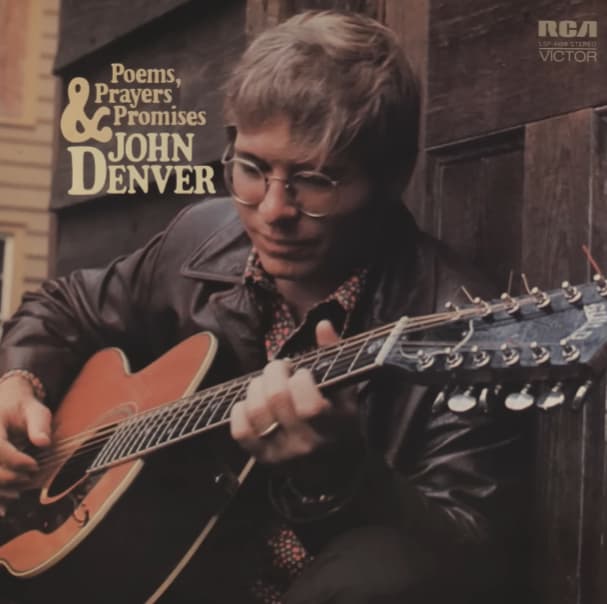
🎶 The Enduring Call of Home: A Song of Nostalgia and Belonging 🌄
An Anthem of Appalachian Longing: John Denver’s “Take Me Home, Country Roads”
Ah, the sound of a six-string guitar and a voice as clear as a mountain stream. If ever a song could transport you instantly to a specific time and place, it would surely be John Denver’s magnificent, enduring classic, “Take Me Home, Country Roads.” For those of us who came of age during the tumultuous, yet beautifully simple, early 1970s, this tune wasn’t just background noise; it was an emotional tether, a heartfelt ode to the simplicity we often felt we were losing. Released as a single on April 12, 1971, from his fourth album, Poems, Prayers & Promises, the song was an immediate success that quickly permeated the airwaves and the collective consciousness. It peaked impressively at number 2 on the U.S. Billboard Hot 100 chart in August of that same year, becoming one of John Denver‘s signature and most beloved recordings right out of the gate. While it never claimed the coveted number one spot, its cultural impact and longevity far surpass many of the transient hits that did; it is, without doubt, one of the most recognizable and continually played folk-pop songs in American music history.
The true beauty of “Take Me Home, Country Roads” lies not just in its singalong melody but in the remarkably serendipitous and almost accidental story of its creation. Contrary to popular belief, John Denver didn’t write the song entirely alone, nor was he, at the time, particularly familiar with West Virginia, the state it so famously praises. The song was primarily the brainchild of husband-and-wife folk-singing duo, Bill Danoff and Taffy Nivert. In December 1970, after a show in Washington D.C., Denver was invited back to their house for an impromptu jam session. Danoff began playing a song he and Nivert had been working on, inspired by driving through the beautiful, winding country roads of Maryland, which eventually morphed into the idea of West Virginia.
During this session, an exhausted Denver—who had just broken his thumb in a motorcycle accident—was so captivated by the melody and the evocative imagery that he insisted on helping finish it, even suggesting the famous line, “mountain mama.” By 5:00 a.m., the three musicians had completed the song in Danoff and Nivert‘s kitchen. Denver immediately recognized its potential, performing it for the first time as an encore two nights later at a small club in Washington D.C. The audience response was so overwhelming that the recording of it became a priority. The speed of its writing—a genuine, late-night burst of creativity—infuses the track with an undeniable spontaneity and warmth.
The meaning of “Take Me Home, Country Roads” is beautifully straightforward, yet profoundly layered. It’s a lament and a celebration of nostalgia, a powerful yearning for a simpler place, an unpolluted “home” that perhaps exists more in the memory or imagination than in geographical reality. The song paints vivid, almost painterly scenes of the West Virginia countryside—the Blue Ridge Mountains, the Shenandoah River—using them as powerful symbols of peace, permanence, and belonging. For many, the “country roads” aren’t exclusively Appalachian; they represent the path back to any place where one feels a true sense of self and connection, a refuge from the hustle and confusion of modern life. It’s about escaping the “radio reminds me of my home far away,” finding comfort in the familiar sights and sounds of one’s roots. This universal theme of longing is precisely why the song resonates across generations and borders, maintaining its timeless power. In 2014, the state of West Virginia officially adopted the song as one of its four state anthems, cementing its status not just as a piece of music, but as a cultural cornerstone and a powerful call back to the rolling hills and deep valleys of the American landscape. It is, quite simply, a song that feels like coming home.